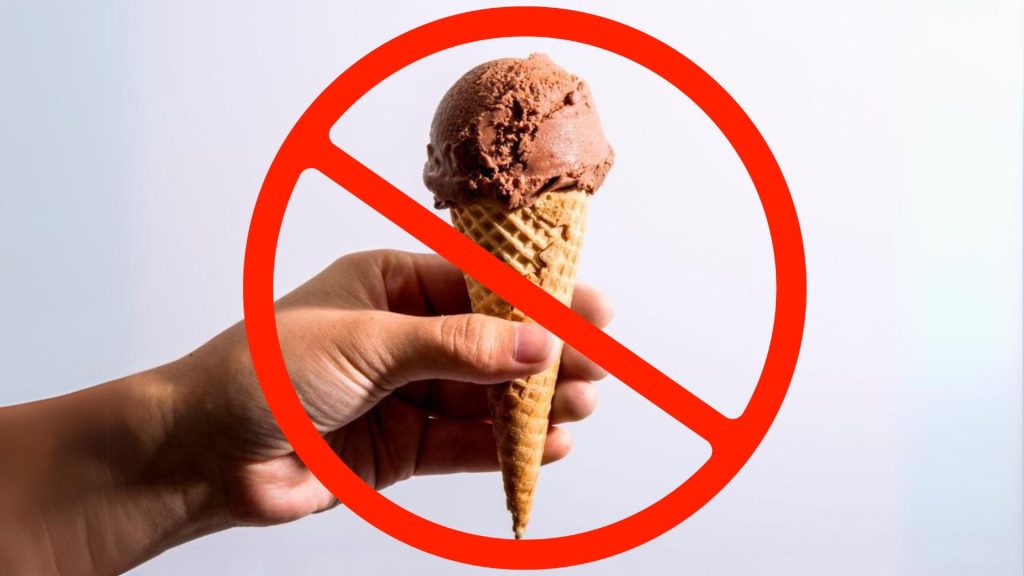In the latest wave of food safety alerts, a nationwide recall of over 20 variations of ice cream and frozen yogurt has shaken the U.S. market. The recall stems from the alarming discovery of hard plastic contamination, sparking a significant public health concern. This incident highlights an emerging necessity for more stringent quality control measures across the food industry. As consumers become increasingly vigilant, food manufacturers must adapt to a new era of accountability and transparency.
The recall’s scope underscores the importance of rigorous safety protocols, not just for ice cream but for all consumables. As reports of contamination, including bizarre findings like a lizard tail in an ice cream cone, continue to surface, the industry faces mounting pressure to prioritize consumer safety above production efficiency. This scenario sets the stage for food companies to innovate in contamination detection and prevention technologies, potentially revolutionizing how food safety is ensured in the future as reported by Google Trends.
In an era where consumers demand higher standards and ethical practices, the food industry must respond by leveraging technology to bolster their safety measures. This recall could drive innovation in AI and machine learning applications to detect foreign objects in food products before they reach store shelves. It’s a pivotal moment where technology and consumer advocacy intersect, potentially reshaping the future of food safety regulations and consumer trust.
As we navigate these turbulent times, the question remains: how will the food industry rise to this challenge and implement meaningful changes that protect consumers while maintaining profitability? The answer could redefine not only the safety standards but also the very nature of how we perceive and consume food products. Will this be the catalyst that prompts a long-overdue transformation in the way food safety is managed?


